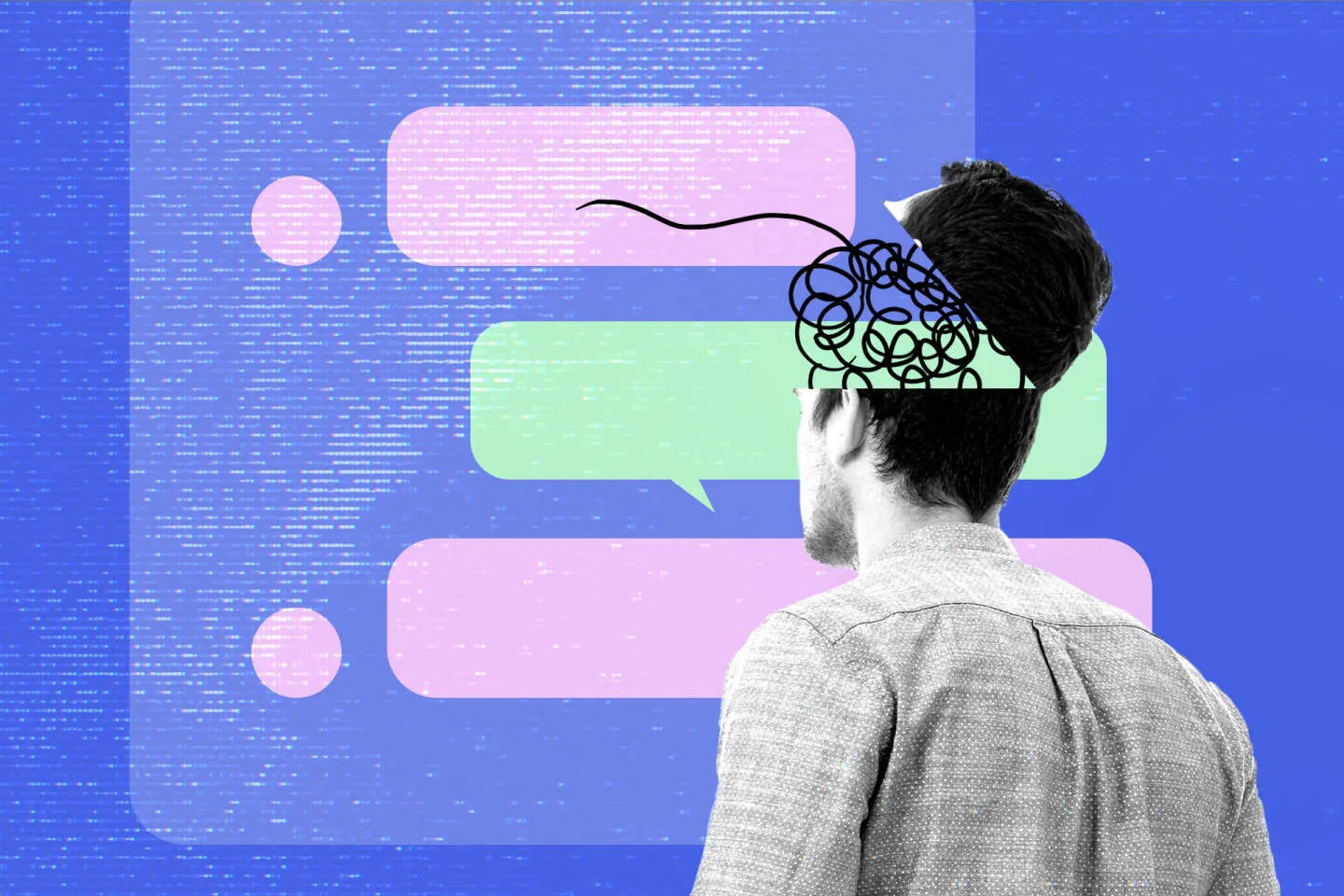AI Transforming Mental Health: Boon or Burden?

The Rise of AI in Mental Health
AI is transforming how we approach mental health, especially with tools like ChatGPT. According to OpenAI, this innovative chatbot can now engage in fluid spoken discussions and even 'read' users' emotions, creating a more personalized experience.
Potential Benefits of AI Therapy
The adoption of AI for therapeutic purposes is on the rise. Many users express a preference for AI solutions over traditional therapy, citing accessibility and immediate responses as key advantages.
Challenges and Considerations
- Ethical Concerns: The use of AI poses ethical challenges, including confidentiality and emotional dependence.
- Effectiveness Issues: While AI aids many, it might not replace human therapists completely.
- Future Implications: As AI continues to evolve, we need to consider its long-term impact on mental health practices.
Final Thoughts on AI's Role in Therapy
The impact of AI in mental health is profound and multifaceted. Users gravitate towards AI for convenience, fostering deeper discussions about technology's role in emotional well-being.
This article was prepared using information from open sources in accordance with the principles of Ethical Policy. The editorial team is not responsible for absolute accuracy, as it relies on data from the sources referenced.